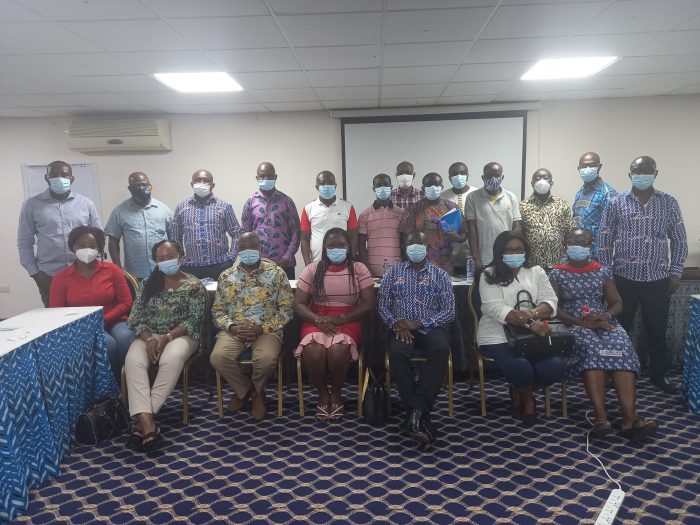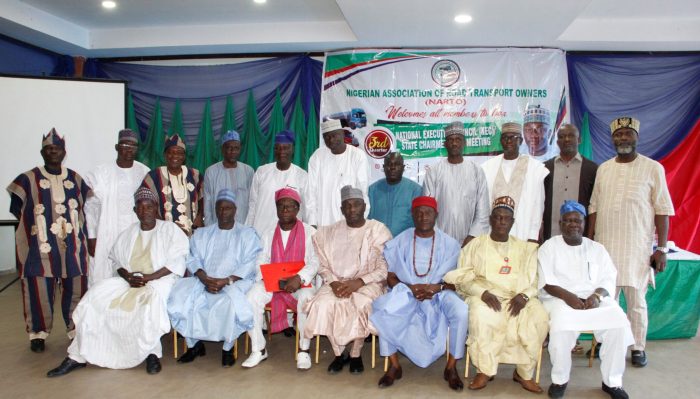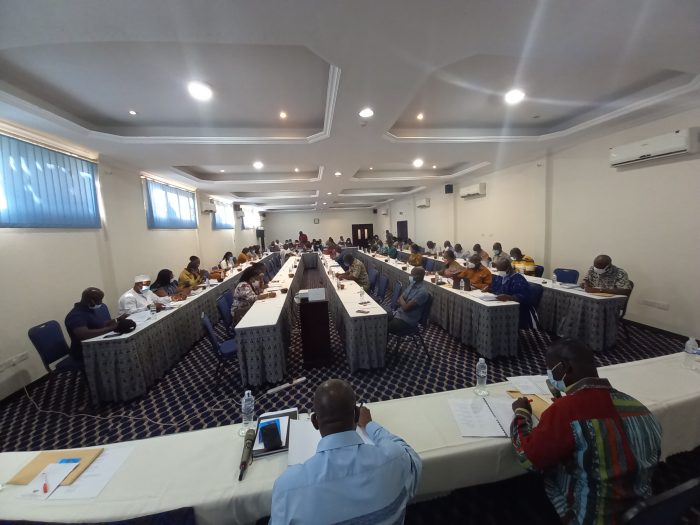What group of individuals establishes the policies that govern fbla-pbl – The entities responsible for establishing and governing the policies that guide FBLA-PBL, an esteemed organization dedicated to preparing students for business leadership, are the Board of Directors, State Leadership Councils, and National Executive Council. These governing bodies, composed of dedicated individuals, play a pivotal role in shaping the policies that define the organization’s mission, vision, and operations.
The Board of Directors, the apex governing body, comprises a diverse group of business professionals, educators, and student representatives. They provide strategic guidance, oversee the organization’s finances, and ensure adherence to its bylaws. State Leadership Councils, established at the state level, facilitate communication between local chapters and the national organization, while the National Executive Council, composed of student leaders, provides a platform for student voices in policy development.
Board of Directors

The FBLA-PBL Board of Directors is the governing body responsible for establishing policies and providing leadership for the organization.
The Board is composed of elected student officers, appointed adult advisors, and ex-officio members. The student officers include the National President, Vice President, Secretary, Treasurer, and Parliamentarian. The adult advisors include the National Executive Director and the State Leadership Council Advisors.
The ex-officio members include the Past National President and the FBLA-PBL Foundation President.
The Board of Directors is responsible for:
- Developing and implementing policies that govern the organization
- Providing leadership and guidance to the organization
- Overseeing the financial affairs of the organization
- Representing the organization to the public
Board members are elected by the membership of FBLA-PBL at the National Leadership Conference. Adult advisors are appointed by the National Executive Director. Ex-officio members serve on the Board by virtue of their position.
State Leadership Councils

State Leadership Councils (SLCs) are responsible for developing and implementing policies that govern FBLA-PBL at the state level.
SLCs are composed of elected student officers, appointed adult advisors, and ex-officio members. The student officers include the State President, Vice President, Secretary, Treasurer, and Parliamentarian. The adult advisors include the State Advisor and the District Advisors. The ex-officio members include the Past State President and the State FBLA-PBL Foundation President.
SLCs are responsible for:
- Developing and implementing policies that govern FBLA-PBL at the state level
- Providing leadership and guidance to FBLA-PBL chapters in the state
- Overseeing the financial affairs of FBLA-PBL in the state
- Representing FBLA-PBL to the public in the state
SLC members are elected by the membership of FBLA-PBL in the state at the State Leadership Conference. Adult advisors are appointed by the State Advisor. Ex-officio members serve on the SLC by virtue of their position.
National Executive Council

The National Executive Council (NEC) is the executive body of FBLA-PBL. The NEC is responsible for implementing the policies of the Board of Directors and providing leadership to the organization.
The NEC is composed of the National President, Vice President, Secretary, Treasurer, Parliamentarian, and the National Executive Director. The National Executive Director is the only non-elected member of the NEC.
The NEC is responsible for:
- Implementing the policies of the Board of Directors
- Providing leadership to the organization
- Overseeing the day-to-day operations of the organization
- Representing the organization to the public
NEC members are elected by the membership of FBLA-PBL at the National Leadership Conference. The National Executive Director is appointed by the Board of Directors.
Policy Development Process
The policy development process within FBLA-PBL is a collaborative effort involving various stakeholders.
The process begins with the identification of a need for a new policy or the revision of an existing policy. This need may be identified by the Board of Directors, a State Leadership Council, a local chapter, or a member of the organization.
Once a need for a new policy or the revision of an existing policy has been identified, a task force is appointed to develop a proposal. The task force is composed of representatives from various stakeholder groups, including students, adult advisors, and members of the business community.
The task force develops a proposal that Artikels the proposed policy or revision. The proposal is then submitted to the Board of Directors for review and approval.
The Board of Directors reviews the proposal and makes any necessary changes. The Board then votes on the proposal. If the proposal is approved by a majority of the Board, it becomes a policy of FBLA-PBL.
Policy Implementation and Enforcement

Once a policy has been adopted by the Board of Directors, it is the responsibility of all members of FBLA-PBL to implement and enforce the policy.
Local chapters are responsible for implementing and enforcing policies at the local level. State Leadership Councils are responsible for implementing and enforcing policies at the state level. The National Executive Council is responsible for implementing and enforcing policies at the national level.
Members of FBLA-PBL who violate established policies may be subject to disciplinary action, including suspension or expulsion from the organization.
Essential Questionnaire: What Group Of Individuals Establishes The Policies That Govern Fbla-pbl
Who is responsible for establishing FBLA-PBL policies?
The Board of Directors, State Leadership Councils, and National Executive Council are jointly responsible for establishing FBLA-PBL policies.
What is the role of the Board of Directors in policymaking?
The Board of Directors provides strategic guidance, oversees the organization’s finances, and ensures adherence to its bylaws.
How are State Leadership Councils involved in policy development?
State Leadership Councils facilitate communication between local chapters and the national organization, providing input on policy development.